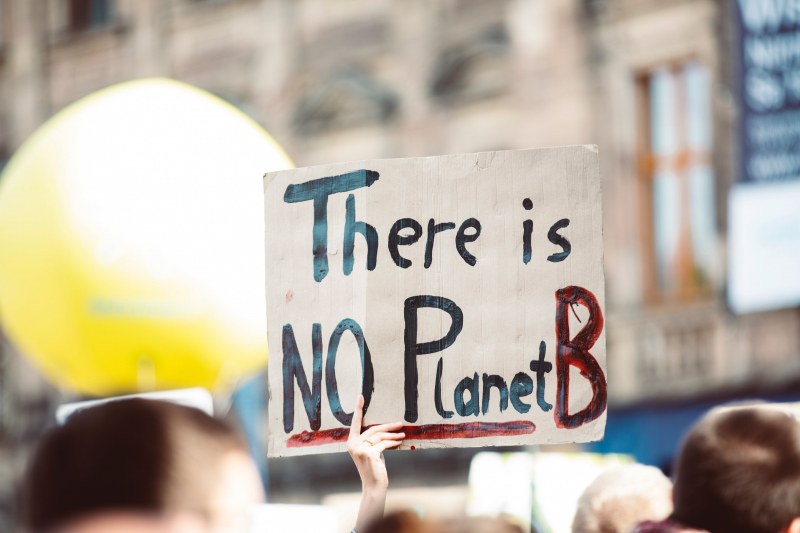Climate change responsibilities
Essay topic: Shared Responsibilities in the Face of Climate Change: Debunking Myths and Embracing Accountability
Answer:
The existential threat posed by climate change demands a collective and urgent response. As nations grapple with the consequences of environmental degradation, the debate over who bears the primary responsibility for addressing climate change becomes increasingly contentious. This essay dissects the complexities surrounding climate change responsibilities, challenging common myths and emphasizing the need for a shared global commitment to sustainable practices.
One common misconception in the climate change debate is the oversimplified narrative that places the burden solely on industrialized nations. While historically high emitters undeniably bear a significant responsibility, it is crucial to recognize the evolving contributions of emerging economies and their role in the current climate crisis. Developing nations argue for their right to pursue economic growth, emphasizing the need for shared responsibility and differentiated commitments.
Critics often point to the role of global economic structures and multinational corporations in perpetuating unsustainable practices. The responsibility extends beyond national borders, as corporations operating in various regions contribute to emissions, deforestation, and resource depletion. The debate intensifies over whether the burden should fall on governments, corporations, or a collaborative effort between the two.
Individuals, too, are implicated in the climate change crisis through their daily lifestyle choices. From transportation habits to dietary preferences, personal decisions contribute to carbon footprints. However, some argue that placing the onus on individuals distracts from more significant systemic issues, such as inadequate policy measures and corporate influence.
Advocates for technological solutions and global cooperation contend that advancements in green technologies, renewable energy, and international collaboration offer viable pathways to mitigate climate change. Skeptics, on the other hand, question the feasibility of these solutions, raising concerns about their effectiveness and potential unintended consequences.
The role of government policies and international agreements in addressing climate change is central to the debate. Questions arise regarding the effectiveness of existing contracts, the enforceability of climate policies, and the need for more stringent regulations to compel nations to meet their environmental commitments.
In closing, addressing climate change is an intricate and contentious challenge that requires a multifaceted approach. Debunking myths surrounding climate change responsibilities is essential for fostering a more nuanced and productive global dialogue. While historical emissions, economic structures, individual choices, and technological innovations all play a role, the key lies in recognizing the interconnectedness of these factors and the need for shared responsibility. Only through a collective commitment to sustainable practices, international cooperation, and accountable governance can the world hope to tackle the pressing issue of climate change and safeguard the planet for future generations.












